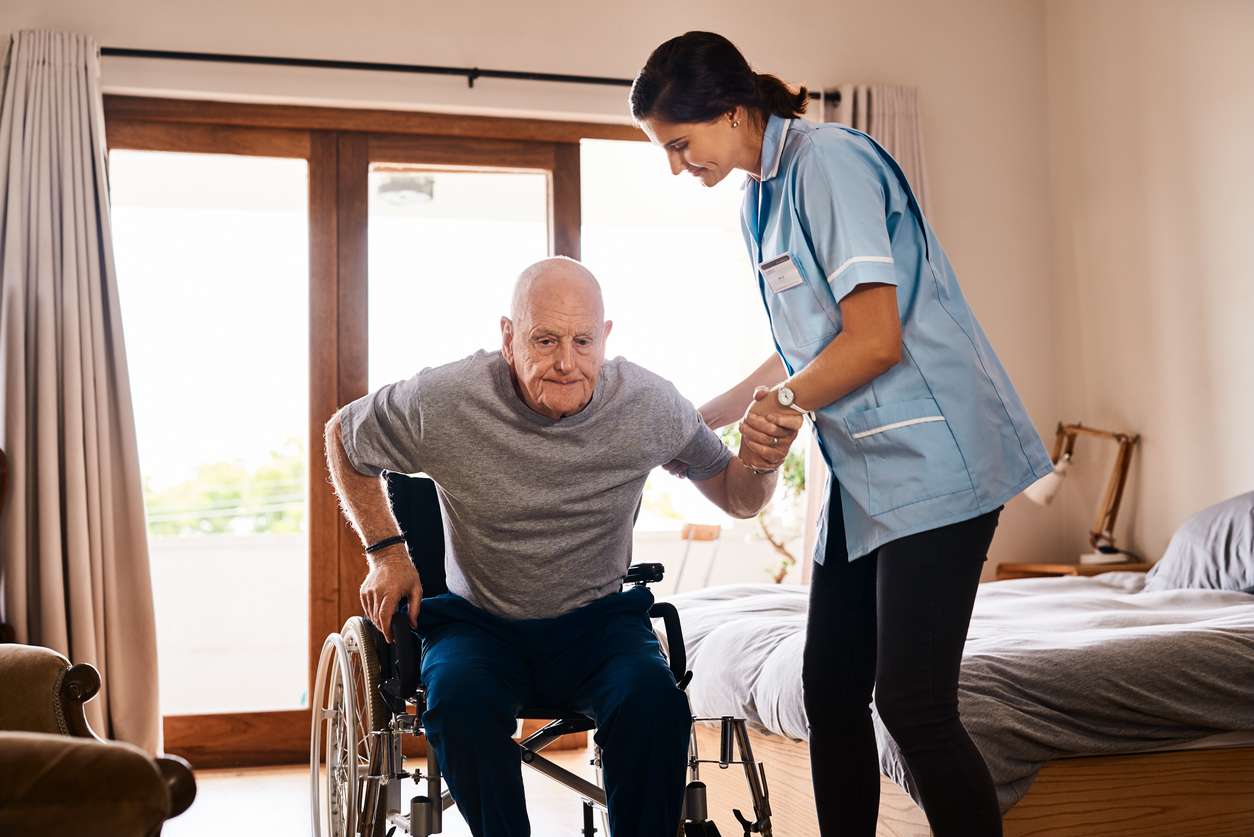Elderly Care Training: Skills and Knowledge for Compassionate Care
Elderly care training prepares people to support older adults with daily living, health needs, and emotional wellbeing. Training programs cover practical tasks such as safe transfers and medication assistance as well as communication, legal responsibilities, and cultural sensitivity. This article explains common training components, how senior care education supports quality services, and what caregivers and organizations should consider when planning or choosing programs.

This article is for informational purposes only and should not be considered medical advice. Please consult a qualified healthcare professional for personalized guidance and treatment.
What is elderly care training and who needs it?
Elderly care training refers to structured learning that equips individuals with the skills to assist older adults safely and respectfully. Participants can include family members, professional caregivers, nursing aides, and volunteers. Typical curricula combine classroom instruction, hands-on practice, and supervised clinical hours. Core areas often include mobility support, personal care, communication with older adults, understanding age-related conditions, and basic emergency procedures. Training may lead to certifications or continuing education credits depending on regional regulations and employer requirements.
How does senior care training support daily living?
Senior care training emphasizes practical approaches to help older adults maintain independence and dignity. This includes teaching safe transfer techniques, toileting assistance, dressing, meal support, and adaptive equipment use. Trainers also cover fall prevention strategies, home safety assessments, and gentle approaches for people with cognitive impairment. Through scenario-based practice, caregivers learn to balance promoting independence with ensuring safety, adjusting techniques for varying mobility levels, sensory loss, or chronic conditions that affect daily living.
What do caregiver training programs typically include?
Caregiver training programs often blend foundational knowledge with clinical skills. Common modules cover personal care, infection control, nutrition, medication awareness (administration basics and observation), documentation, and communication skills for difficult conversations. Many programs include content on dementia care, behavior management, and end-of-life support. Role-playing and supervised practicums help caregivers apply skills. Ethical and legal topics — consent, privacy, mandatory reporting, and advance directives — are also important parts of comprehensive caregiver education.
How is healthcare knowledge integrated into training?
Healthcare elements in elderly care training teach caregivers to recognize common medical issues and communicate effectively with healthcare professionals. Topics include recognizing signs of infection, dehydration, medication side effects, skin integrity concerns, and changes in mental status. Training highlights when to escalate concerns, how to record observations accurately, and how to work within care teams that may include nurses, physicians, therapists, and social workers. Basic vital-sign measurement, safe handling of medical devices, and familiarity with care plans enable caregivers to support clinical goals without performing advanced medical procedures.
What practical skills are emphasized for home care settings?
Home care training focuses on applying skills in private residences and community settings. This includes safe vehicle transfers, home safety modifications, infection control in small spaces, and managing household tasks while preserving client autonomy. Caregivers learn to personalize care plans to fit routines, cultural preferences, and family dynamics. Communication with family members and coordinating local services are essential skills, as is time management when supporting multiple clients. Self-care and stress management for caregivers are also taught to reduce burnout and maintain consistent quality care.
Conclusion
Elderly care training equips caregivers with a mix of practical techniques, healthcare awareness, communication strategies, and ethical understanding needed to support older adults across settings. Training formats vary from short introductory courses to extended certification programs; choosing the right program depends on the required scope of practice, local regulations, and the care environment. Well-designed training improves safety, supports dignity, and fosters more effective collaboration between caregivers, families, and healthcare teams.






